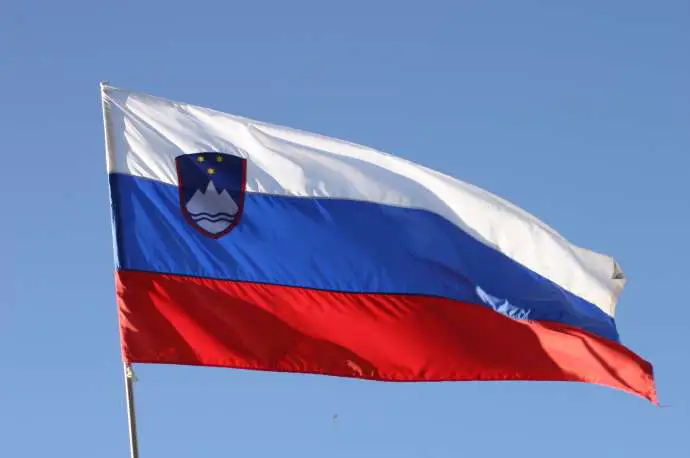STA, 7 July 2021 - Thirty years to the day, the Brijuni [sometimes written Brioni] Declaration was adopted, ending hostilities between Yugoslav and Slovenian forces in the ten-day independence war and suspending Slovenia's independence activities for three months. It was the first international agreement between Slovenia and the EU's predecessor, the European Economic Community (EEC).
Following diplomatic efforts that began after the outbreak of independence war in Slovenia, the declaration was signed on the Brijuni Islands in Croatia on 7 July 1991 after 15 hours of negotiations. The agreement was endorsed by the Slovenian Assembly on 10 July.
The parties to the declaration were the representatives of Slovenia, Croatia, Serbia, the Yugoslav federal authorities and the trio representing the EEC, made up of the foreign ministers of Luxembourg, Portugal and the Netherlands.
The representatives from Slovenia were the president of the Slovenian presidency Milan Kučan, Prime Minister Lojze Peterle, Foreign Minister Dimitrij Rupel, the Slovenian representative in the Yugoslav Presidency Janez Drnovšek, and the Speaker of the Slovenian Assembly, France Bučar.
The Yugoslav delegation featured Prime Minister Ante Marković, Interior Minister Petar Gračanin, Foreign Minister Budimir Lončar, Deputy Defence Minister Stane Brovet and other members of the Presidency of the Socialist Federal Republic of Yugoslavia (SFRY). Croatia was represented by President Franjo Tuđman.
In the declaration, the parties agreed that in order to resolve the situation peacefully, several principles must be strictly respected, including that only the peoples of Yugoslavia can decide their own future, and that negotiations should start immediately, and no later than 1 August 1991.
The European Community pledged to offer assistance in finding peaceful and lasting solutions, provided that all obligations are strictly respected.
In an annex to the declaration, it was agreed that Slovenian police would control Slovenian border crossings in accordance with Yugoslav federal regulations.
The parties agreed on the unblocking of all units and facilities of the Yugoslav People's Army (JNA), the unconditional withdrawal of JNA troops to barracks, the removal of all road barricades, the return of all JNA assets and equipment, and the deactivation of all Slovenian Territorial Defence units.
The Brijuni Declaration did not fully satisfy any of the parties involved in the Yugoslav crisis. For Slovenia, the most contentious provision was the three-month suspension of independence activities, which was seen by some as a temporary renunciation of independence, the unblocking of JNA barracks, and the return of JNA assets and equipment.
The declaration was met with mixed reactions in the country - some considered it necessary to stop the war at all cost, while others felt that the Slovenian delegation at Brijuni gave up what had been gained with the Declaration of Independence and during the ten-day war.
But even though Slovenia committed to a three-month suspension of the independence process, the process was actually accelerated.
The Yugoslav leadership realised that it would not be able to stop Slovenian independence and decided to withdraw its troops from Slovenia within three months on 18 July 1991. The last JNA troops left the port of Koper on 25 October.
Later that summer, on 27 August 1991, the EEC set up an arbitration commission to resolve legal issues related to the break-up of Yugoslavia. The commission's conclusions paved the way for the international recognition of Slovenia.
As historian Božo Repe pointed out for the STA in April, the Brijuni Declaration was the first international document that recognised Slovenia as an international subject. With it, Slovenia passed the maturity test in entering international relations and saved itself from war, he said.
Prime Minister Janez Janša also spoke about the declaration and the negotiations in Brijuni when he presented the priorities of the Slovenian EU presidency to the European Parliament on Tuesday.
He said that the Brijuni negotiations had restored Slovenia's hope in Europe, which had been striving to preserve Yugoslavia until the start of the war in Slovenia.







